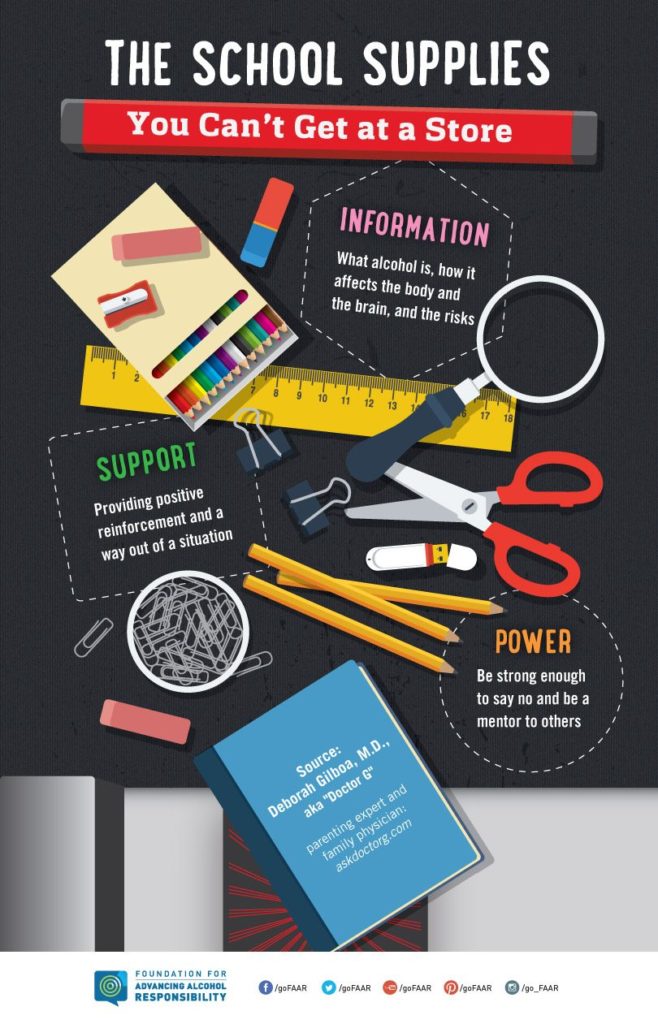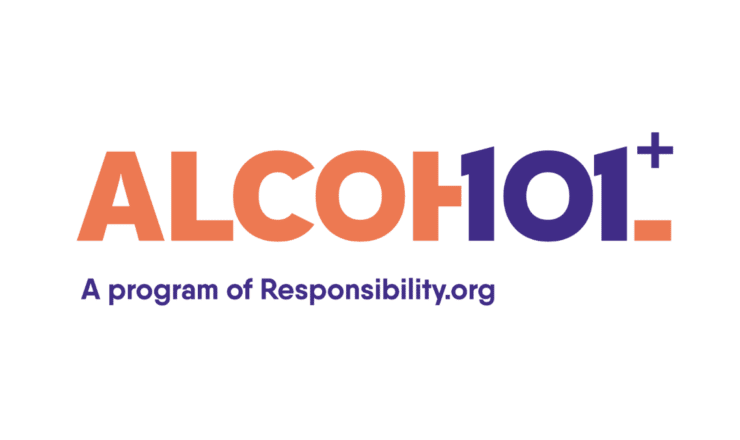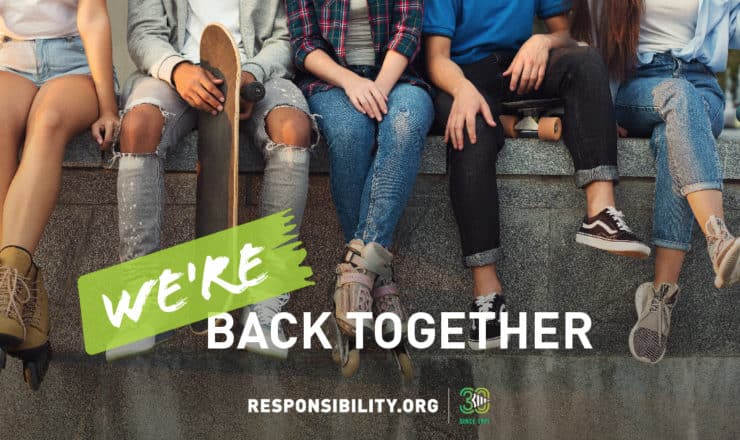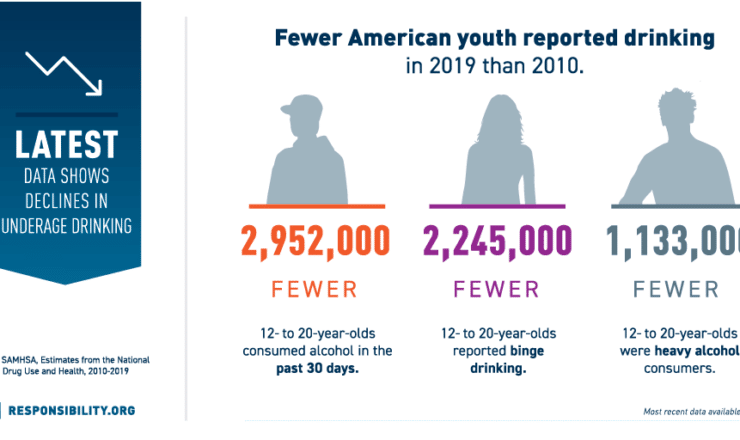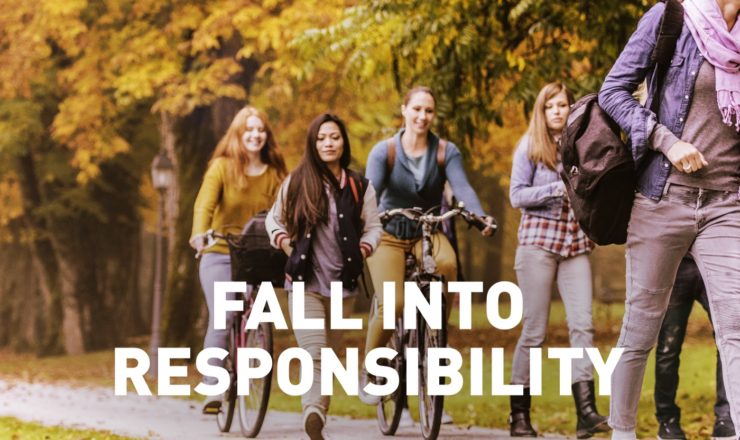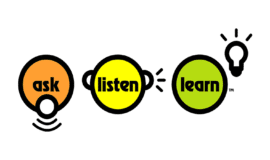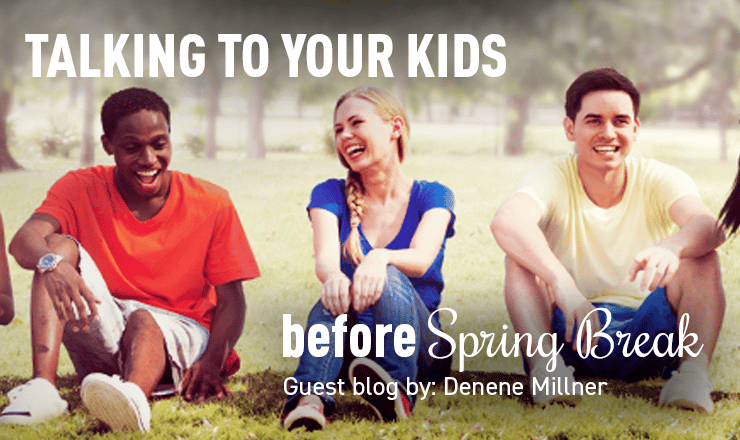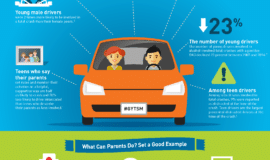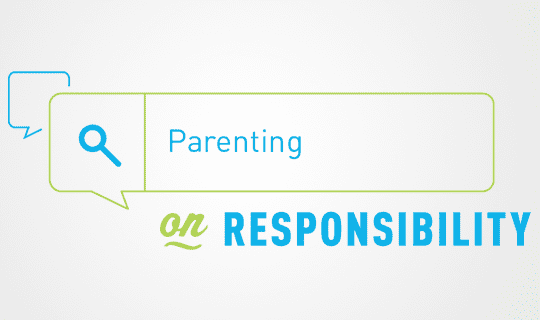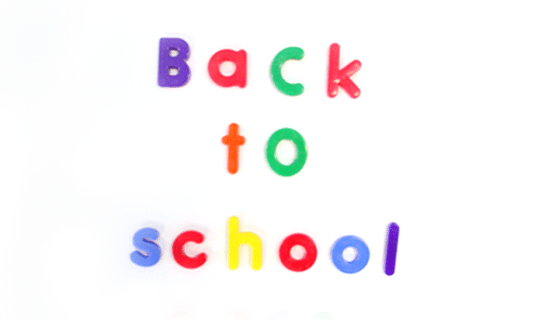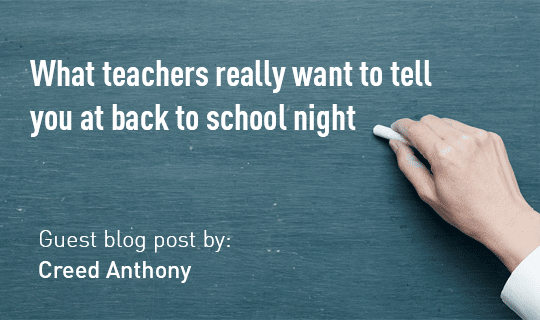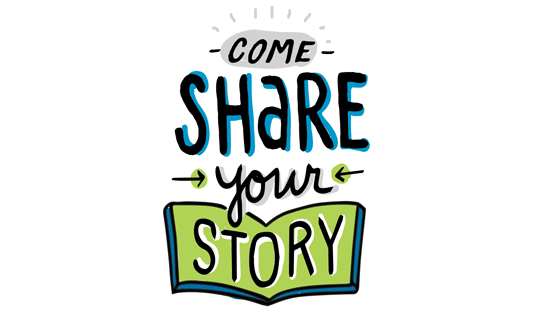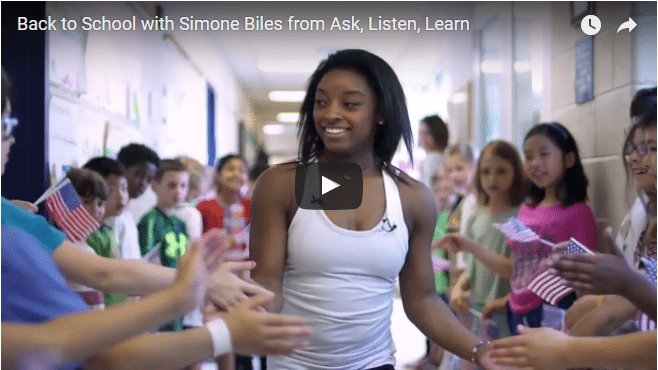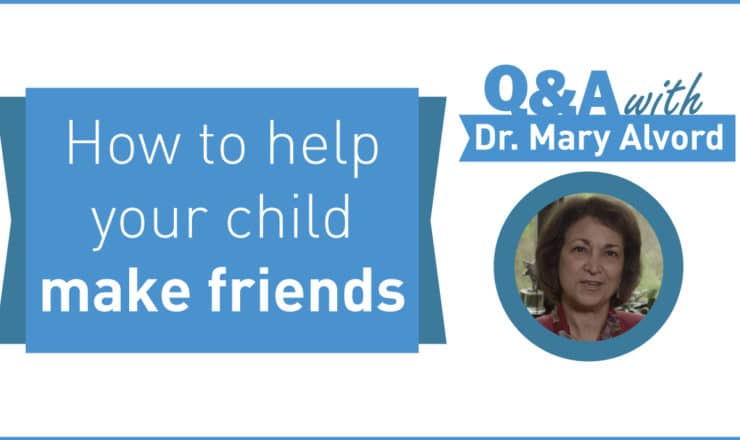The School Supplies You Can't Get at a Store
It's a sign of the end of summer: the school supply list. So many items to find or borrow or buy, and lots of errands to run to make it all happen. While you're in the car with your tween or teen this August, there are few school supplies that you can address without spending a dime. "Supplies" that are more likely to protect, maybe even save, your child than any two inch, three ring binder with front and back plastic sleeves ever could.
A new grade - whether it's fourth or 12th - presents new challenges and new opportunities. Our students know that. While our minds are filled with details about pencils and protractors, their minds are jumping from "Who will be in class with me?" to "What friends will I keep or make this year?" Even for students with loftier goals and more serious stresses, like college preparation, the social aspects of school play a huge part in what makes a school year a good year.
That desire to have a good year will lead our kids into new situations, and require them to make tough decisions. What if you knew for sure that this year your child would have to answer these questions:
- Want a drink?
- How far have you gone with a boy? How far do you want to?
- Gonna vape with me?
- Are you cool? Prove it.
- Don't you lie to your parents?
Do your kids have the "supplies" they need to have (or exit) these conversations?
The first supply they need is information.
Often kids agree to try something because they don't want to look dumb by asking what it is or how it works. A tween or teen will assume, "I'm the only person who doesn't know what vaping even is, and I'll look like a total idiot if I say so." Then they think, "I like this person, and they're cool/smart/fine so if they do it, obviously it's not so bad. And then we'll be better friends."
So make sure your kids know all the facts possible about the risky behaviors on offer.
- What it is. Teen logic goes like this: "If it were really dangerous, I'd have heard of it."
- How it affects the body. Do your kids know how long it takes for the body to metabolize one drink to eliminate alcohol?
- How it affects the brain. How will drinking alcohol underage change brain chemistry over time? Find out together.
- What are the risks? Explain the idea of informed consent to your tween or teen. This means that we can't agree that we want to do something unless we know enough about it to know what exactly we are saying, “Yes” to! These risks should include knowing what the consequences would be at home for engaging.
- Why people do it. Ask your child what the advantages are, or why they can see that students would do this, even knowing the risks.
The second supply they need is power.
Saying "No, thanks" is perhaps the biggest challenge we place before kids today. Turning away a social experience or connection or that sense of belonging they get in a group is a huge request. Ask your student what makes them strong enough to say no when someone wants them to take this kind of risk. Help them find their own
- Motivation
- Reasons for declining
- Words to use
Knowing beforehand what they can say to get out of this kind of situation or conversation will make a child or teen much more likely to make the healthy choice. Like any other tough skill we ask kids to master, it takes practice. So let them practice on you. Through role play, or discussing TV shows or movies they like in which risk taking shows up, you can get a sense of their current skill level and help them improve. Another great way to empower your teen is to ask for advice about guiding a younger sibling or cousin through these issues. Mentoring can strengthen motivation and resolve.
The third supply they need is support.
Teens tell us over and over again that they need to know parents care. Conversely, one of the most often cited reasons teens say they picked up a dangerous habit is, "My parents don't care." So make sure that your student knows how much you do care about her choices.
Offer to be the reason your child gives for staying away from a dangerous activity. Kids should always be able to blame their parents to friends - and friends will always believe it because they all know how awful and unreasonable parents are! Saying "Oh, if I smoke my mom will kill me. Her dad had lung cancer and she's always sniffing me and my clothes. She has a nose like a bloodhound!"
Notice all the great choices they've made so far. Instead of investigating who has offered them what and how much in the past, find ways to praise them for any negative behaviors they've avoided and let them know how much you respect their decisions.
Making and keeping friends is a big part of the work kids do from the age of ten to twenty. The decisions they have to make on a daily basis about those relationships can be really stressful. Make sure your child knows you're interested, and want to help however it's possible.
Information, power and support. These are the supplies that can't be found in stores but will carry our kids the furthest. If, in addition to the gym uniforms and graph paper, we can give our kids these school supplies, they will have a year to really thrive.
Deborah Gilboa, MD, (aka “Doctor G”) is a parenting expert, family physician and member of Responsibility.org’s National Advisory Board. Click here for more from Dr. Gilboa.
*The views and opinions expressed in this blog are solely those of the author and do not necessarily reflect the views of the Foundation for Advancing Alcohol Responsibility (Responsibility.org) or any Responsibility.org member.*

